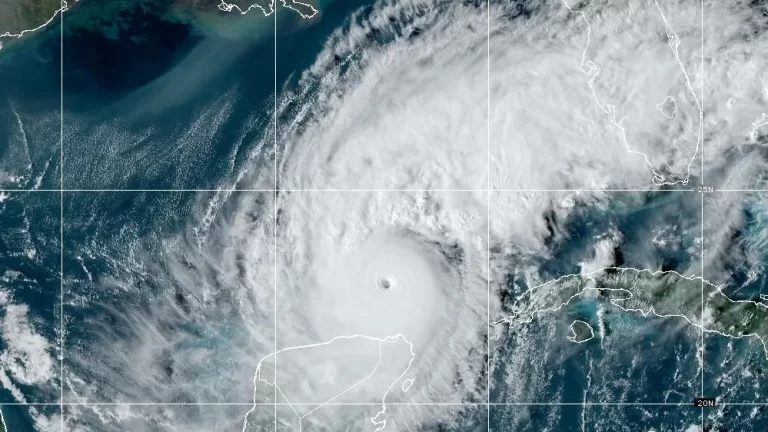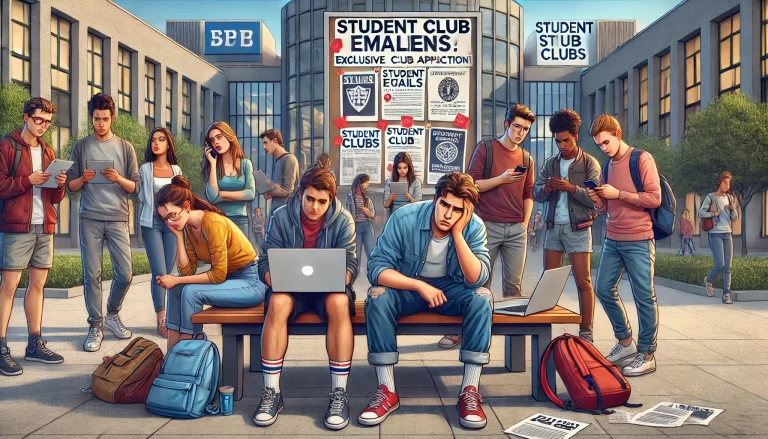
Photo from Indiana University Center for Language Technology
By Anna Cordova
With over two decades of growth and 546 million listeners worldwide, podcasting has become an important aspect to modern media. In 2023, nearly half of U.S. adults reported listening to podcasts, with one in five tuning in several times a week. However, while the format has developed into a powerful storytelling medium, its ability to thrive in an era increasingly dominated by short-form video remains uncertain. Will podcasts adapt and maintain their prominence, or will algorithm-driven content overshadow them?
About half of podcast listeners tune in for entertainment, learning, or diversion while multitasking. Younger adults, in particular, drive much of this growth as two-thirds of Americans ages 18 to 29 have listened to a podcast in the past year, starkly contrasting just 28% of those aged 65 and older. This generational divide suggests podcasts are especially suited to younger audiences, who prefer on-demand, portable media over traditional formats like newspapers and television. “I love it because it can be done while walking, driving, or doing the dishes,” Jack Higgins, a sophomore at Georgetown University, said. “It doesn’t require active management, like reading or anything visual, because it’s purely auditory.”
However, concerns have emerged about the future of podcasts as the media landscape and younger generations shift toward video-centric content. While podcasts surged in popularity during COVID, providing an easy way to consume news and entertainment during lockdowns, the post-pandemic environment has created new challenges. Audio-only platforms like Clubhouse and Spotify have seen a significant decline in user engagement, struggling to retain the excitement they once generated. At the same time, the rise of short-form, algorithmically driven digital content on platforms like TikTok, YouTube Shorts, and Snapchat is capturing more of the public’s attention. These platforms cater to modern consumption habits, delivering quick, visually stimulating content tailored to users’ preferences through sophisticated algorithms. “Podcasts may struggle to compete with short-form, headline-driven digital content,” Higgins said. “At the end of the day, visual components are more engaging.”
Still, podcasts offer unique advantages for journalists, particularly in investigative and narrative-driven reporting. While short-form content dominates social media, podcasts allow in-depth exploration of complex stories. Through creative storytelling techniques like sound design and narrative pacing, podcasts turn journalism into an engaging, immersive experience. “Podcasting is considerably newer and allows for innovation. You can try new things,” Larra Wallace, the host of Bass Capital Radio Podcast, a local-news-focused show based in Putnam County, Florida, said over email. “I mean there are makeup murder mystery podcasts. You won’t find that on Fox or CNN.” Another critical strength of podcasts is their ability to provide extended coverage, often serialized over multiple episodes. This format enables journalists to present nuanced, multilayered stories without broadcast or print media’s traditional time or space constraints. “Podcasts are not limited to a specific format, unlike traditional news,” Wallace said. “It simply enables the presenter to provide a more in-depth view and discussion of the topics over series of episodes. We don’t have to cut for space.”
So, despite doubts about the future of podcasting, the format continues to evolve as more news organizations and independent creators embrace audio storytelling. The landscape for podcasting remains vast, with increasing innovation in the field, particularly as video podcasts rise in popularity. As many as 33% of U.S. podcast listeners now prefer watchable podcasts, blending the auditory depth of traditional podcasts with the visual appeal of video. Along with the growth of “vodcasting,” advertisers are projected to spend approximately $2.37 billion on podcasts in 2024, highlighting the platform’s growing commercial potential. “With sponsorships and endorsements, podcasting has become a sustainable career,” Wallace said. “I think we are going to see continued growth and podcasting, and it could one day replace traditional news.”








